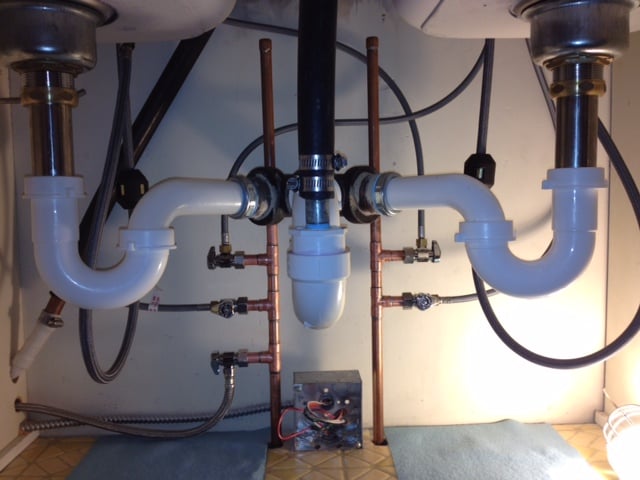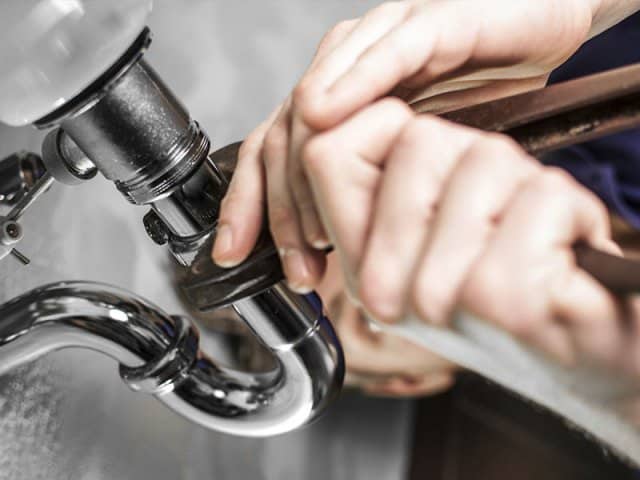Mineral Buildup in Plumbing Systems
Hard water, characterized by high levels of minerals like calcium and magnesium, is a common issue in many households. While not harmful to health, hard water can wreak havoc on plumbing systems, leading to mineral buildup, clogged pipes, and decreased water flow. Fortunately, there are several solutions available for managing hard water and mitigating its effects on plumbing systems. In this blog post, we’ll explore the causes and consequences of hard water, as well as effective strategies for dealing with this common plumbing issue.
Understanding Hard Water:
Hard water is a natural occurrence resulting from the presence of dissolved minerals, primarily calcium and magnesium, in groundwater sources. As water percolates through soil and rock formations, it picks up these minerals, which are then carried into municipal water supplies or private wells. While hard water is not harmful to health, it can have several undesirable effects on plumbing systems and household appliances. Over time, the minerals in hard water can accumulate inside pipes, water heaters, and fixtures, forming scale deposits that restrict water flow and reduce the efficiency of plumbing systems.

Consequences of Hard Water:
The buildup of mineral deposits, or scale, is the most common consequence of hard water in plumbing systems. Scale deposits can gradually accumulate inside pipes, faucets, and showerheads, leading to decreased water pressure and flow. In severe cases, mineral buildup can completely block pipes, resulting in costly repairs or replacement. Additionally, hard water can cause damage to household appliances such as water heaters, dishwashers, and washing machines. Mineral deposits can coat heating elements and internal components, reducing efficiency and lifespan.
Solutions for Managing Hard Water:
Fortunately, there are several effective solutions available for managing hard water and preventing mineral buildup in plumbing systems. One common approach is the installation of a water softener system. Water softeners work by removing calcium and magnesium ions from the water through a process called ion exchange. These systems typically consist of a resin tank filled with negatively charged resin beads that attract and bind to the positively charged mineral ions, effectively removing them from the water supply. As a result, softened water flows through the plumbing system, preventing scale buildup and extending the lifespan of pipes and fixtures.
Another option for managing hard water is the use of water conditioners or descalers. Unlike water softeners, which remove minerals from the water, water conditioners alter the chemical structure of minerals to prevent them from forming scale deposits. These systems use electromagnetic or magnetic fields to change the crystalline structure of minerals, preventing them from adhering to surfaces and forming scales. While water conditioners are less effective than water softeners at preventing mineral buildup, they can still provide some degree of protection for plumbing systems and appliances.
Dealing with hard water can be a frustrating and costly endeavor for homeowners, but with the right solutions, it’s possible to manage mineral buildup and protect plumbing systems from damage. Whether through the installation of a water softener system or the use of water conditioners, there are effective options available for mitigating the effects of hard water and maintaining the efficiency and longevity of plumbing systems with the help of this company, https://redrhino.com/plumbing/bayshore-gardens-plumbers. By understanding the causes and consequences of hard water and exploring the available solutions, homeowners can ensure their plumbing systems continue to function optimally for years to come.
